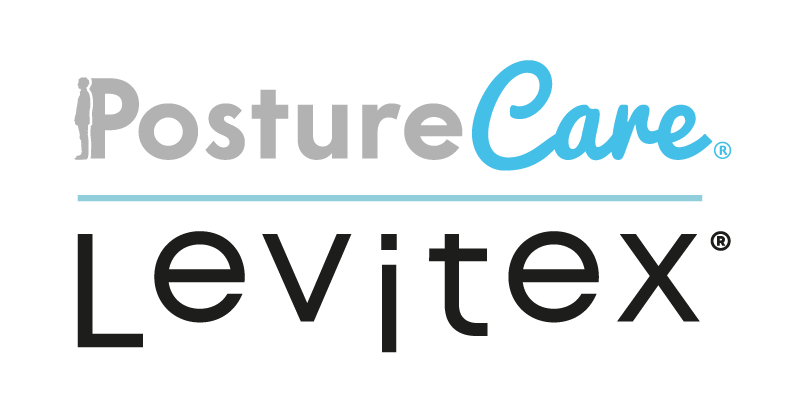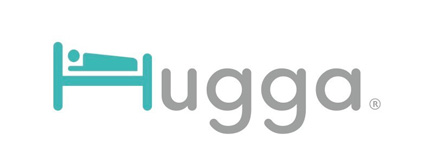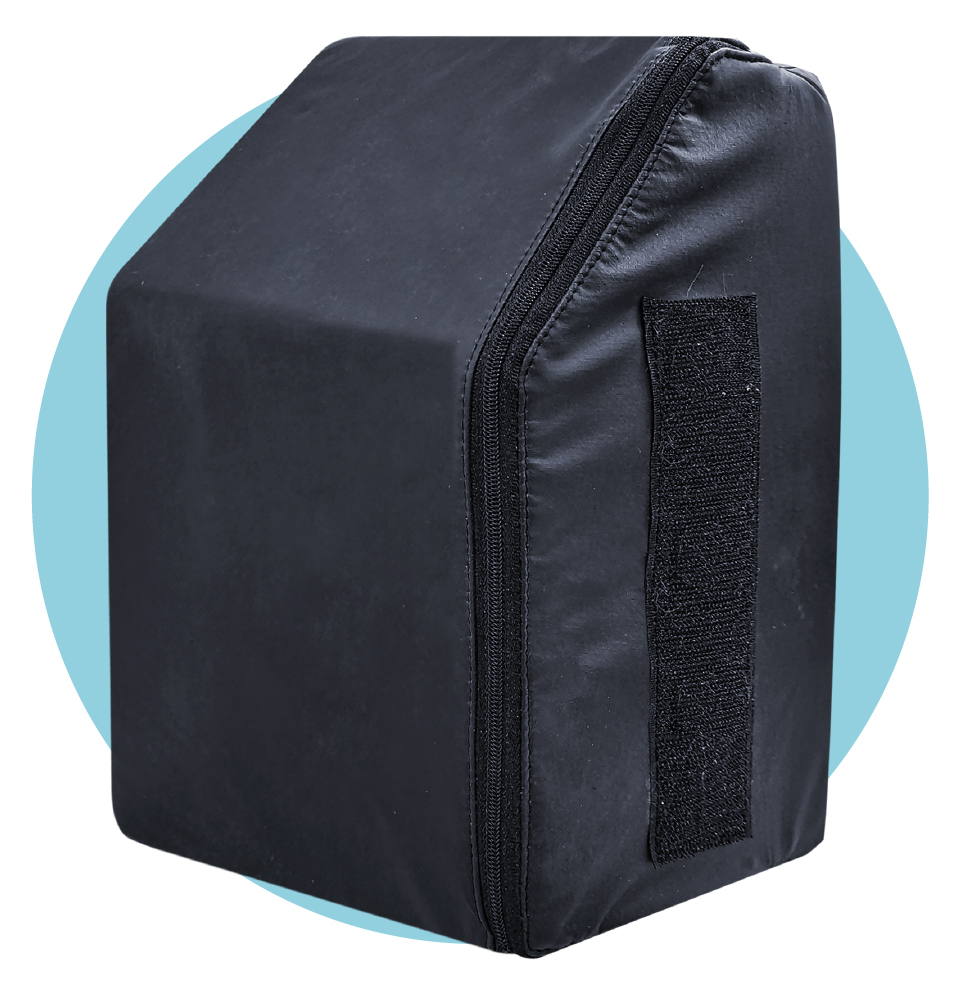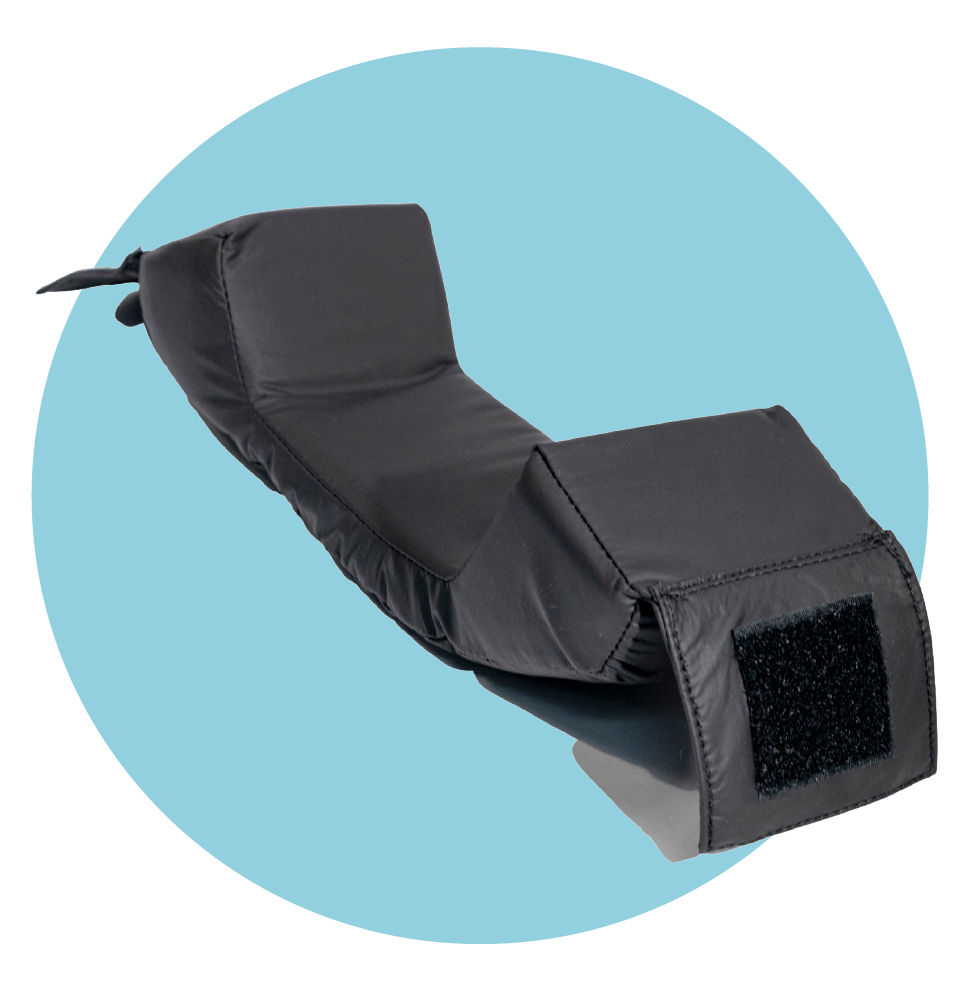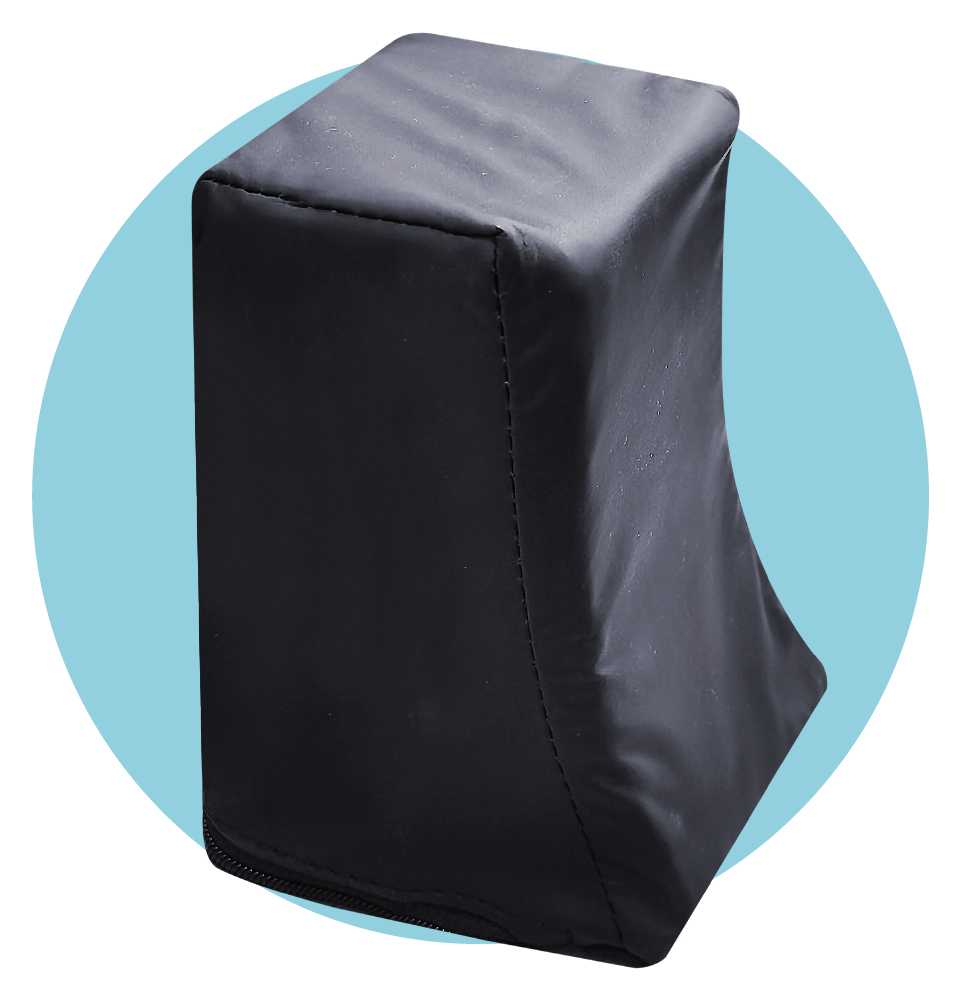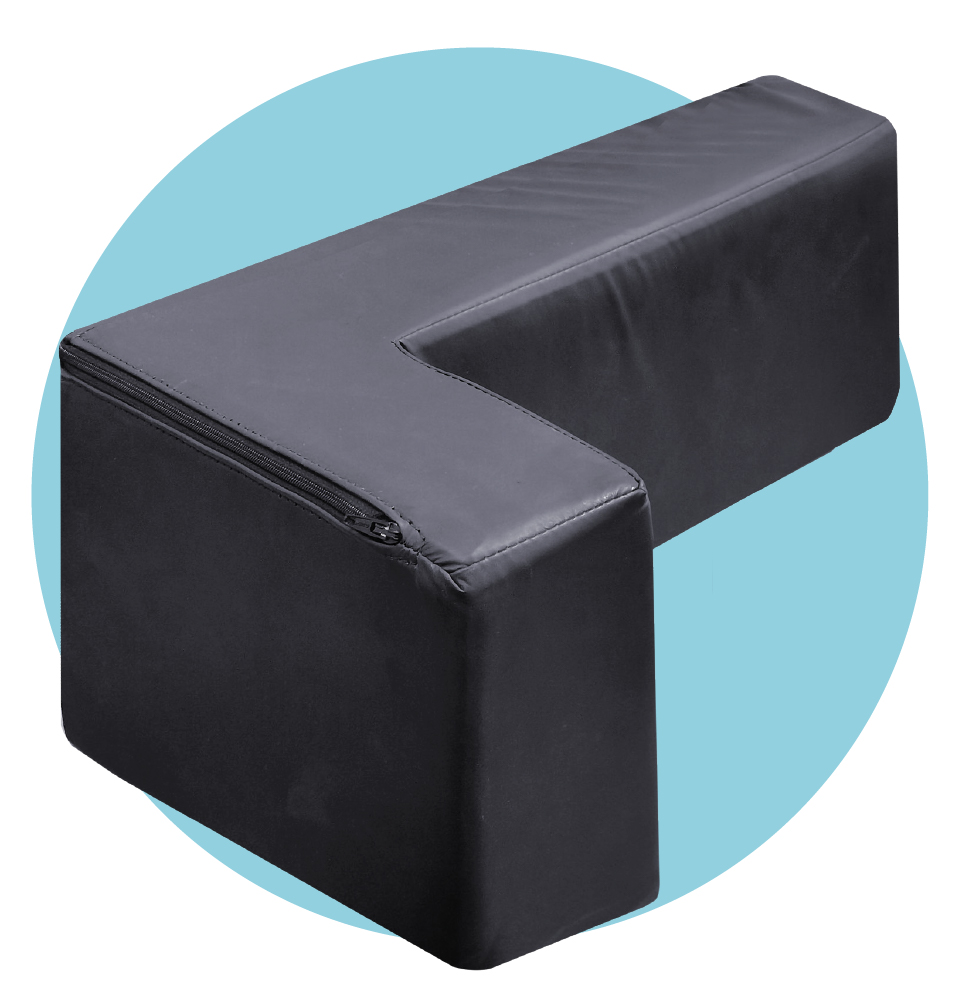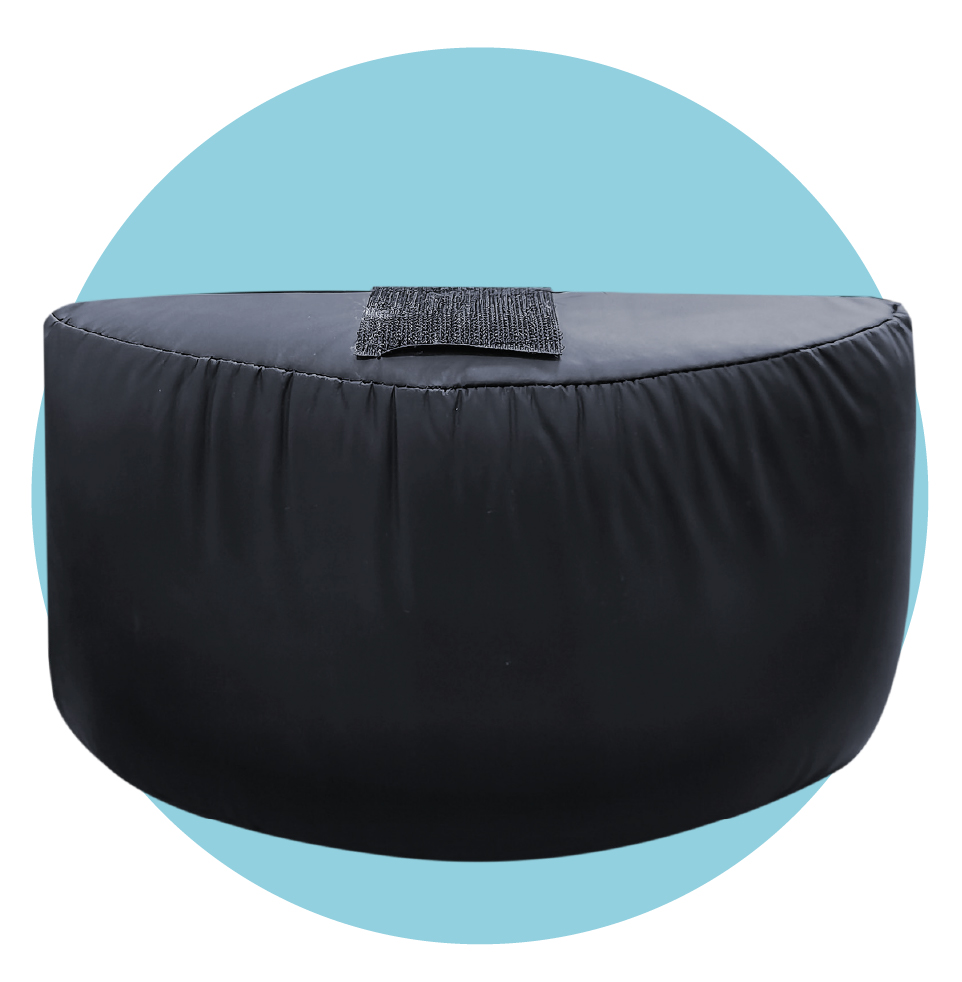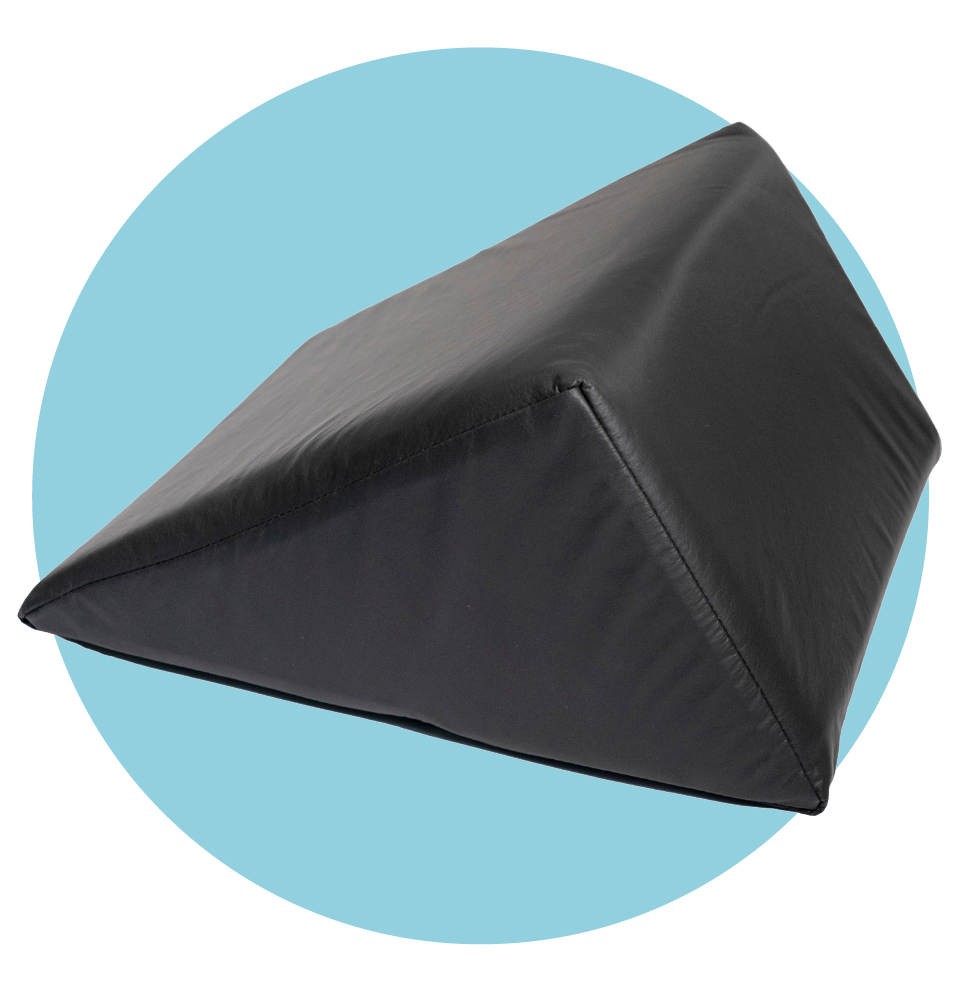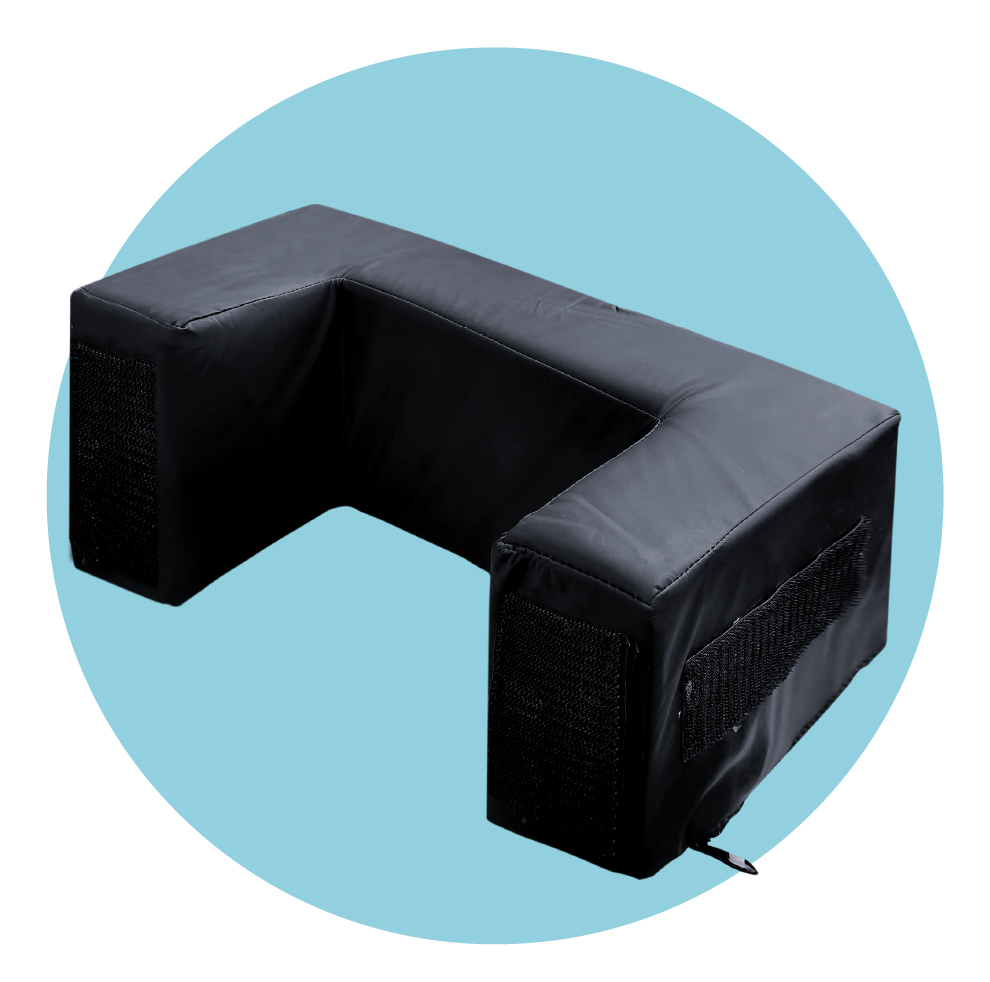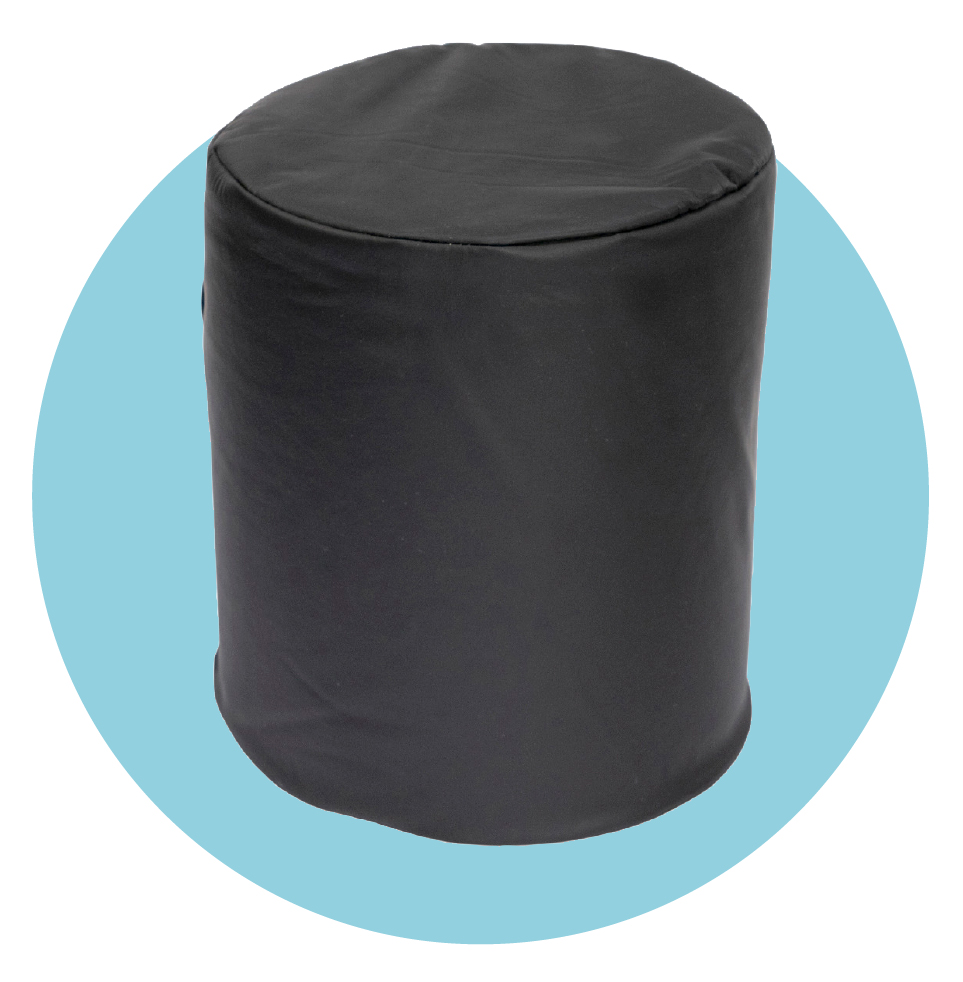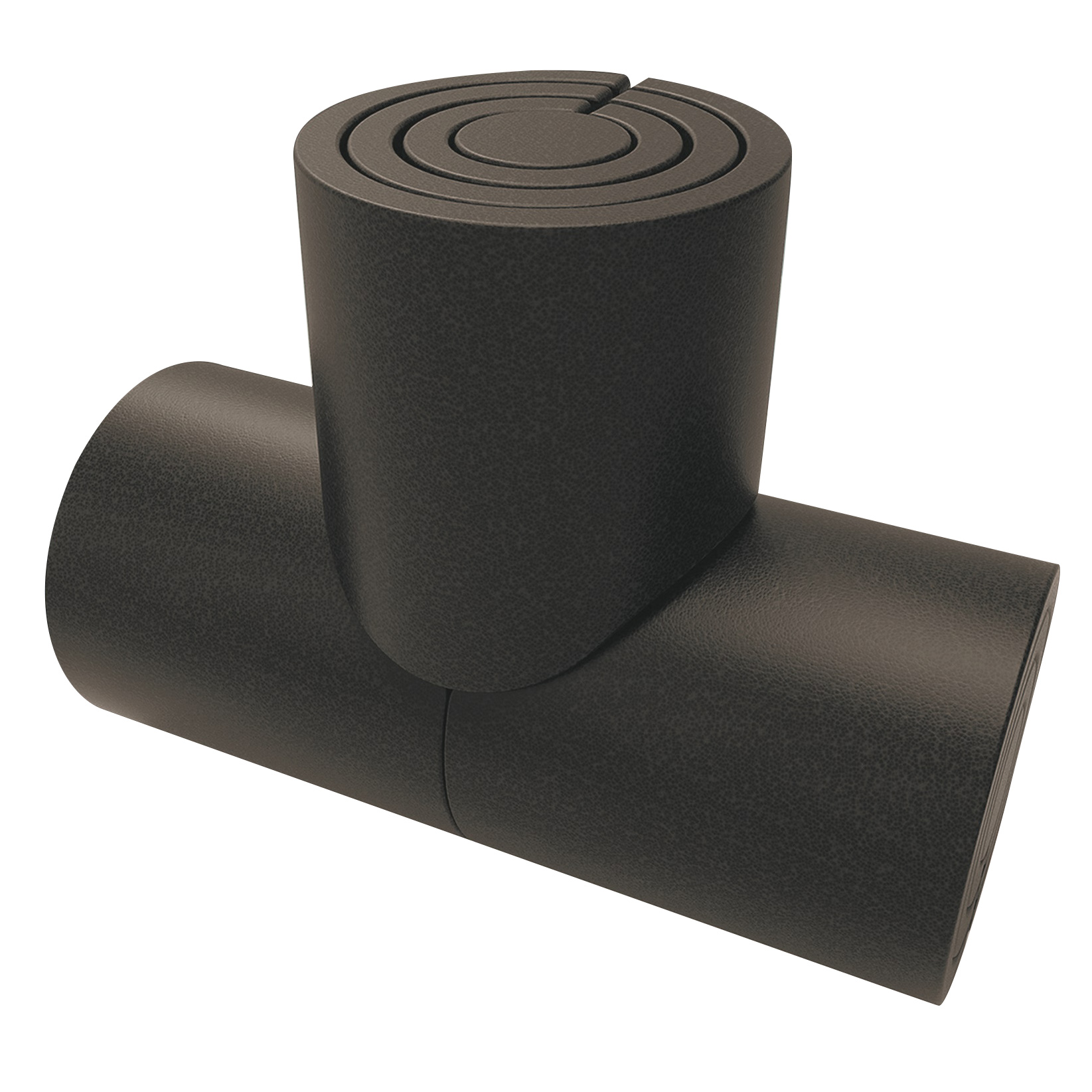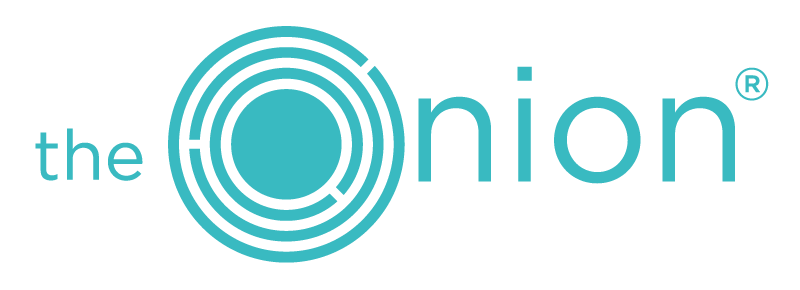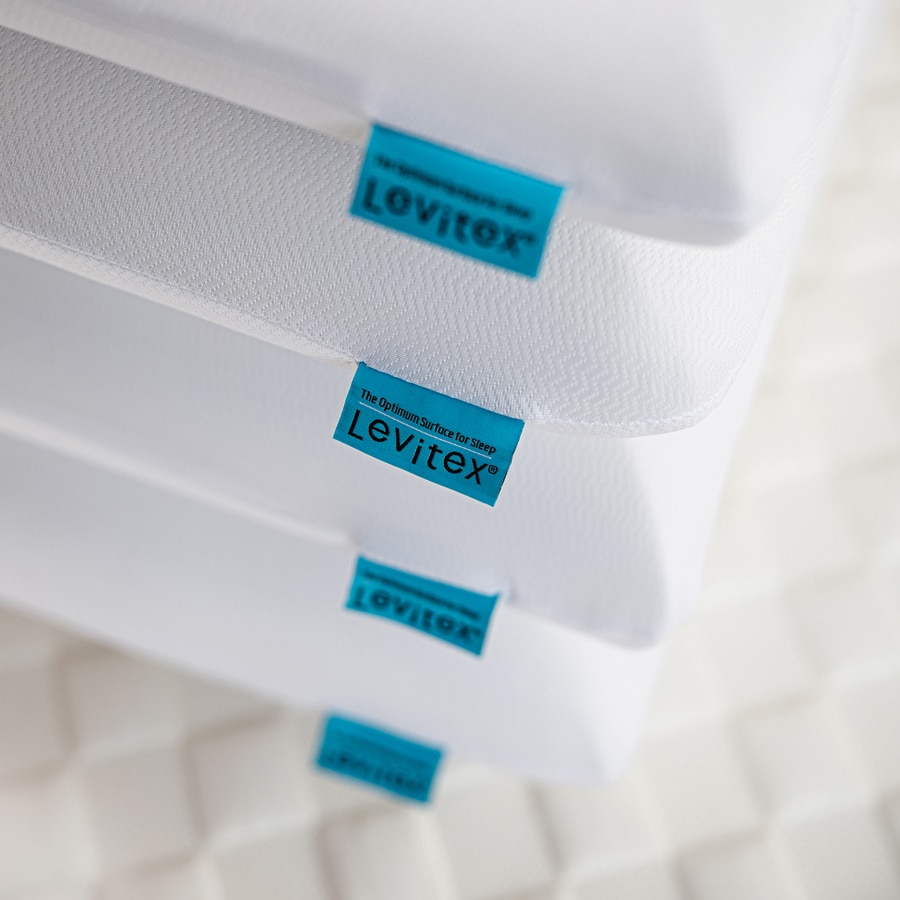With waiting lists and waiting times at an all time high in the NHS, the need for expedited recovery at home and on NHS wards is required more than ever. We strongly believe that with proper postural intervention, we can both prevent injuries caused by being bed-bound long term and aid recovery and proper bed rest.

“Postural care is a way of preserving and re-establishing body shape for people with movement difficulties. The principles of posture care are about ensuring that everybody with movement difficulties has their body shape protected over a 24-hour period, in all settings, to maintain or regain good body shape and reduce the risk of further deterioration and secondary complications”
Royal College of General Practitioners
Levitex PostureCare have created a range of researched and evidence-based products that are designed to provide respite for everyone in need. From bed-bound immobile patients with MS, Cerebal Palsy, Catastrophic Brain Injury, Stroke, Chronic Pain and Long Covid to out-patients with the need to recover at home. Simple solutions for complex problems.
We offer complete sleep systems or individual cushions to suit a patients needs.
Postural intervention provides:
Improvements to digestion and breathing
Over time, prevention of musculo-skeletal deformities & deterioration
“CCGs should consider investing in postural care interventions to improve quality of life and save money.“
Royal College of General Practitioners
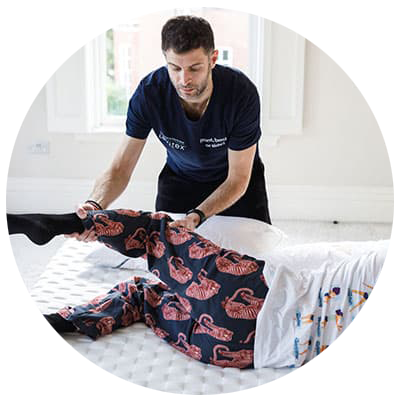
Our CEO, James Leinhardt, has a wealth of knowledge in 24hr Postural care and has designed class-one medical devices to manage the posture for clients suffering with complex neurological illness and Injury. His existing business works with NHS trusts and social care throughout the UK and his nighttime system has reached clients as far as Europe, the Middle East and Australia. Working with client groups such as catastrophic brain injury, Multiple Sclerosis, Cerebral Palsy and Stroke survivors, James feels a social obligation and strong sense of purpose to care and improve the lives of patients in medical difficulty and the wider public.
Postural intervention in practice:
“The gentleman in question, managed over 2hrs in prone having previously not tolerated this therapy. His oxygen requirements reduced from 90% to 45% whilst proned. He only came out of the prone position to allow a doctor to insert a new line and to have something to eat.He was so pleased with the pillows and how comfortable he was, he has already agreed to go back to a prone position later this afternoon.’’
Simon Brady Clinical Lead Physiotherapist in Critical Care, Core Therapies, Royal Preston Hospital
